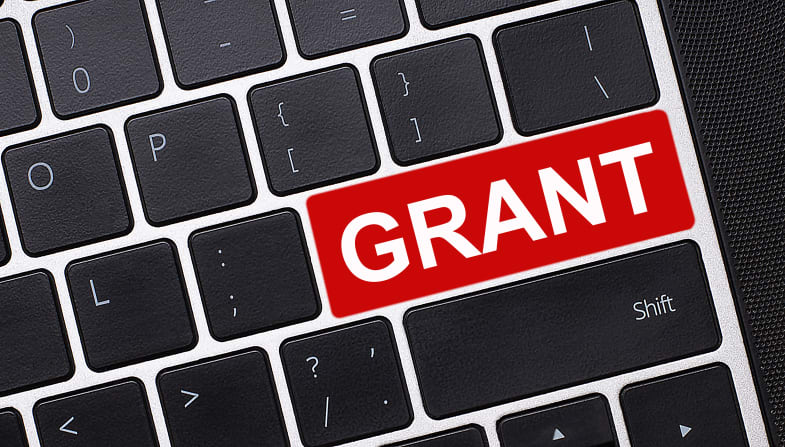Grant & Award Opportunities
Utilities
Water & Waste Disposal Predevelopment Planning Grants
U.S. Department of Agriculture (USDA) | Deadline: December 31, 2025
Parks & Recreation
The Skatepark Project Grants
The Skatepark Project | Deadline: December 31, 2025
Community Development
Community Facilities Direct Loan & Grant Program
U.S. Department of Agriculture (USDA) | Deadline: December 31, 2025

Grant Resources
Before You Apply
Before applying for grants, make sure to get your house in order by completing these pre-requisites well in advance of submitting a grant application.
Grants 101 Webinars
This series of twelve virtual training sessions covers grant-seeking basics as well as content for more experienced grant writers, leadership teams, and elected officials.
Newsletter Signup
Receive an email when new grant and award opportunities have been added to the GMA web site.